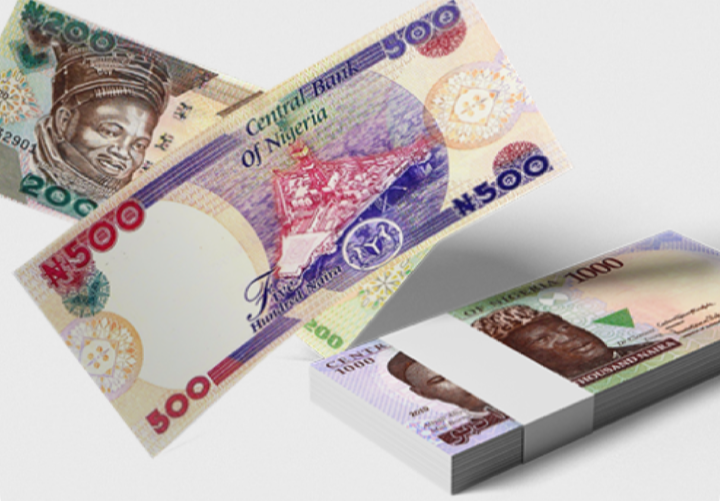Abuja, Nigeria – The House of Representatives has called on the Central Bank of Nigeria (CBN) to ensure the complete withdrawal of old ₦200, ₦500, and ₦1,000 notes by the end of 2024, as these denominations will cease to be legal tender from January 1, 2025.
The call was made amidst growing concerns that the country could face another wave of economic disruption if the transition is not properly managed.
In a motion led by Rep. Adam Victor Ogene (LP, Anambra), the House stressed the need for the CBN to expedite the circulation of the redesigned notes while gradually mopping up the old currency. Ogene expressed concerns over the lack of public sensitization by the CBN, warning that a repeat of the hardship seen during the 2023 currency swap may loom if the central bank fails to act swiftly.
“The Supreme Court has clearly ruled that by January 1, 2025, the old ₦200, ₦500, and ₦1,000 notes will no longer be legal tender. Yet, we see very little being done by the CBN to prepare the public for this transition,” Ogene said during the session. He highlighted the “chaotic situation” that occurred in 2023 when Nigerians were left scrambling for cash due to shortages of the redesigned currency.
The House further criticized the CBN for its continued release of old notes into circulation, despite the looming deadline. “Rather than phasing out the old currency, we are still seeing the CBN comfortably releasing old ₦200, ₦500, and ₦1,000 notes for transactions alongside the new ones,” Ogene stated, urging the CBN to direct commercial banks to issue only the redesigned notes and begin gradually removing the old currency from circulation.
This call by lawmakers has put pressure on the CBN to avoid another financial crisis. The chaotic scenes that unfolded during the 2023 currency swap, where Nigerians faced long lines at banks and a severe shortage of cash, are still fresh in the nation’s memory. Many fear a repeat of the economic disruptions if the central bank fails to ramp up efforts to ensure a smooth transition.
As the 2025 deadline approaches, attention will now turn to how quickly and effectively the CBN can circulate the new notes and phase out the old ones. The House emphasized the need for a comprehensive public awareness campaign, to avoid confusion and ensure Nigerians are adequately prepared for the upcoming change.
With the clock ticking, the CBN faces a critical test of its ability to manage this significant transition in the country’s monetary system, as Nigeria braces for what could be a defining moment in its economic landscape.


